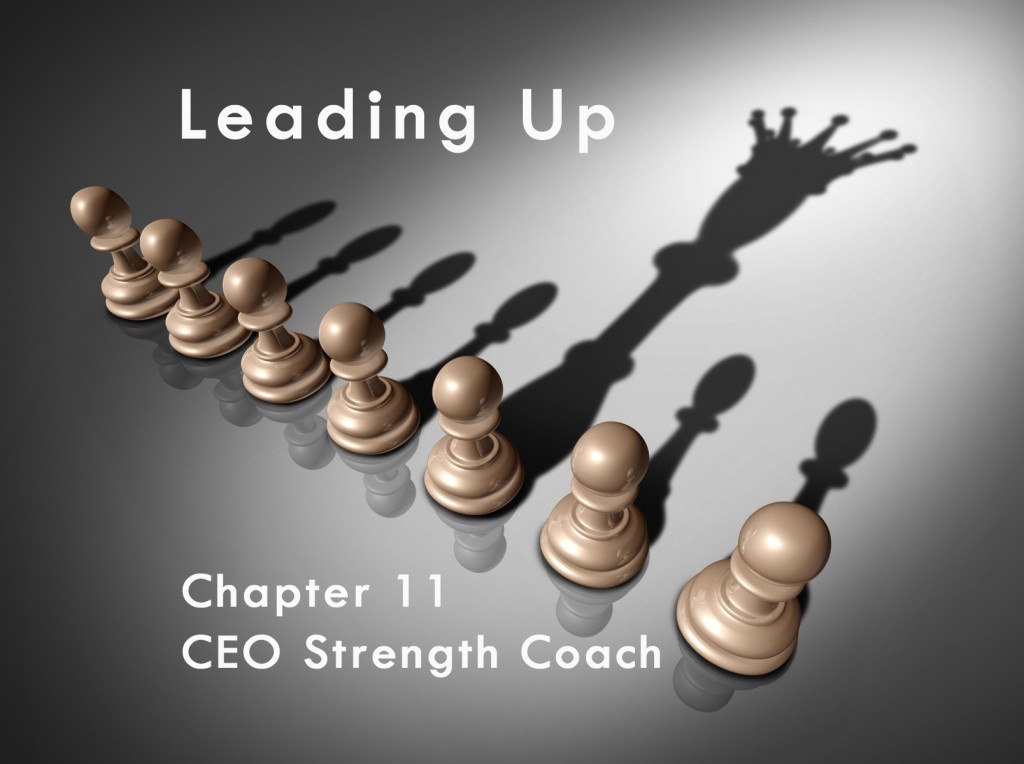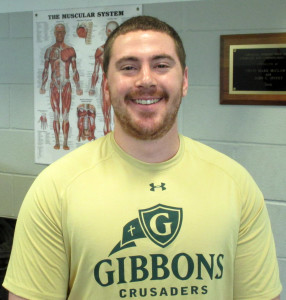“Leading Up” by Coach Brendan Rabideau
In the chapter “Leading Up” Ron McKeefery says, “I often say that a Strength Coach is the Master Sergeant of the program.” As a Strength Coach you must never underestimate the importance of leadership. Being a good leader does not just mean you are able to give orders at your staff and athletes. It means that you have the ability to make everyone’s voice in the program heard and you MUST be able to help your superiors lead. In this chapter Ron McKeefery talks about what it takes to become a good, strong leader.
Informing Your Commander
Most likely you will have more than one superior with more than one agenda. This makes it near impossible to make everyone happy all the time. That is why it is of the utmost importance to keep all of your superiors in the picture and give them full disclosure about the decisions you are making. Coach McKeefery points out, if you make decisions that are in the best interest of everyone, not just the people in the program, then more times than not your superiors will be happy with the result. In some cases, some of your superiors may not initially support the decisions that you make. But if you feel strongly that you are right, then you need to be willing to bet your job on it. If it turns out successful, then you will gain a level of support you that you may not have otherwise had.
Managing Coaching Relationships
Coach McKeefery said it best, “ultimately, we are hired and fired by the coaches we work for, and we must be the ones to find the time to show them that we are in the boat.” This can be accomplished by simply working out together or attending one of their coaches meetings. As Strength Coaches we need to make it a point to show the coaches that we are there for them and their athletes. Constant communication keeping them up to date about their athletes is key. Coach McKeefery talks about the different forms of communication and the importance of knowing which one to use. Any situation that needs immediate attention is best dealt with face to face. Phone calls or texts are reserved for the times when meeting face to face isn’t an option. Lastly, e-mail, due to the fact that’s the last place people look.
Managing Relationships with Administrators
Often times people don’t necessarily understand all the work that goes in to being a good Strength Coach. Administrators can relate. It is rare that people see all that administrators do behind the scenes of a successful program/organization. More times than not, they receive very little credit. As Strength Coaches, Coach McKeefery recommends that you actually go and see the inner workings of the administration. This will not only allow you to build relationships but it will afford the opportunity for a mutual appreciation for all the work everyone has put in to making it the program it has become.
Coaching is all about the relationships you build. And who knows, maybe the relationships you’ve built could end up saving your job.
Brendan Rabidiau, BS (ECU, 16′) NASM-CPT
“The views, opinions, and judgments expressed in this message are solely those of the authors and peer reviewers. This content has been reviewed by a team of contributors but not approved by any other outside entity including the Roman Catholic Diocese of Raleigh.”


